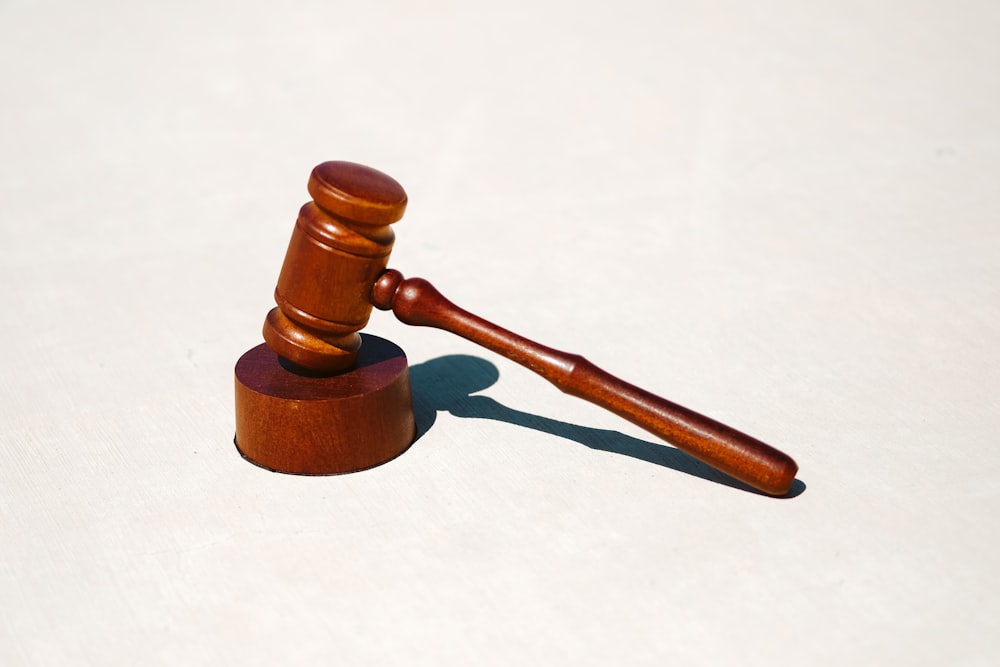
Published — June 19, 2021
The following post does not create a lawyer-client relationship between Alburo Alburo and Associates Law Offices (or any of its lawyers) and the reader. It is still best for you to engage the services of your own lawyer to address your legal concerns, if any.
Also, the matters contained in the following were written in accordance with the law, rules, and jurisprudence prevailing at the time of writing and posting, and do not include any future developments on the subject matter under discussion.
Read also : DEATH AND FUNERAL BENEFITS UNDER THE SOCIAL SECURITY ACT OF 2018
-
Dependents under the Social Security System (SSS) may be the legal spouse, children, or the parent of the member
-
There are two kinds of beneficiaries: the primary and the secondary
-
Secondary beneficiaries are to receive the benefits only in the absence of primary beneficiaries
W ho are your dependents under the Social Security System?
The law says:
The dependents shall refer to the following:
-
The legal souse entitled by law to support from the member of the Social Security System;
-
The legitimate, legitimated or legally adopted and illegitimate child who is:
a. Unmarried
b. Not gainfully employed, and
c. Has not reached twenty-one (21) years of age, or if over 21 years of age, he or she is congenitally or while still a minor has been permanently incapacitated and incapable of self-support, physically or mentally
A child who has entered in a common-law relationship and has not reached the age of eighteen (18) is still a dependent. However, upon reaching the age of 18, the child is no longer a qualified as a dependent.
-
The parent who is receiving regular support from the member.
Are all dependents considered as beneficiaries?
The law says:
Yes. But take note that not all beneficiaries are to receive the benefits at the same time. Other beneficiaries may not be entitled to receive benefits.
This is because there are two kinds of beneficiaries: the primary beneficiaries and the secondary beneficiaries. The following are considered as primary beneficiaries:
-
The dependent spouse who has not re-married, cohabited or entered in a “live-in” relationship before or after the death of the member, and
-
The dependent legitimate, legitimated or legally adopted and illegitimate children. Where there are legitimate or illegitimate children, the former shall be preferred. The dependent illegitimate children shall be entitled to fifty percent (50%) of the share of the legitimate, legitimated or legally adopted children. In the absence of the dependent legitimate, legitimated or legally adopted children of the member, his or her dependent illegitimate children shall be entitled to one hundred percent (100%) of the benefits.
Now, in the absence of primary beneficiaries, the secondary beneficiaries are as follows:
-
The dependent parents of the deceased member; and
-
In the absence of dependent parents, any other person/s designated and reported by the member to the SSS. The person designated by the member shall be someone who has a right to claim support from the deceased member under the Family Code of the Philippines, including dependent children who have reached the age of majority.
Alburo Alburo and Associates Law Offices specializes in business law and labor law consulting. For inquiries, you may reach us at info@alburolaw.com, or dial us at (02)7745-4391/0917-5772207.
All rights reserved.
[email-subscribers-form id=”4″]


